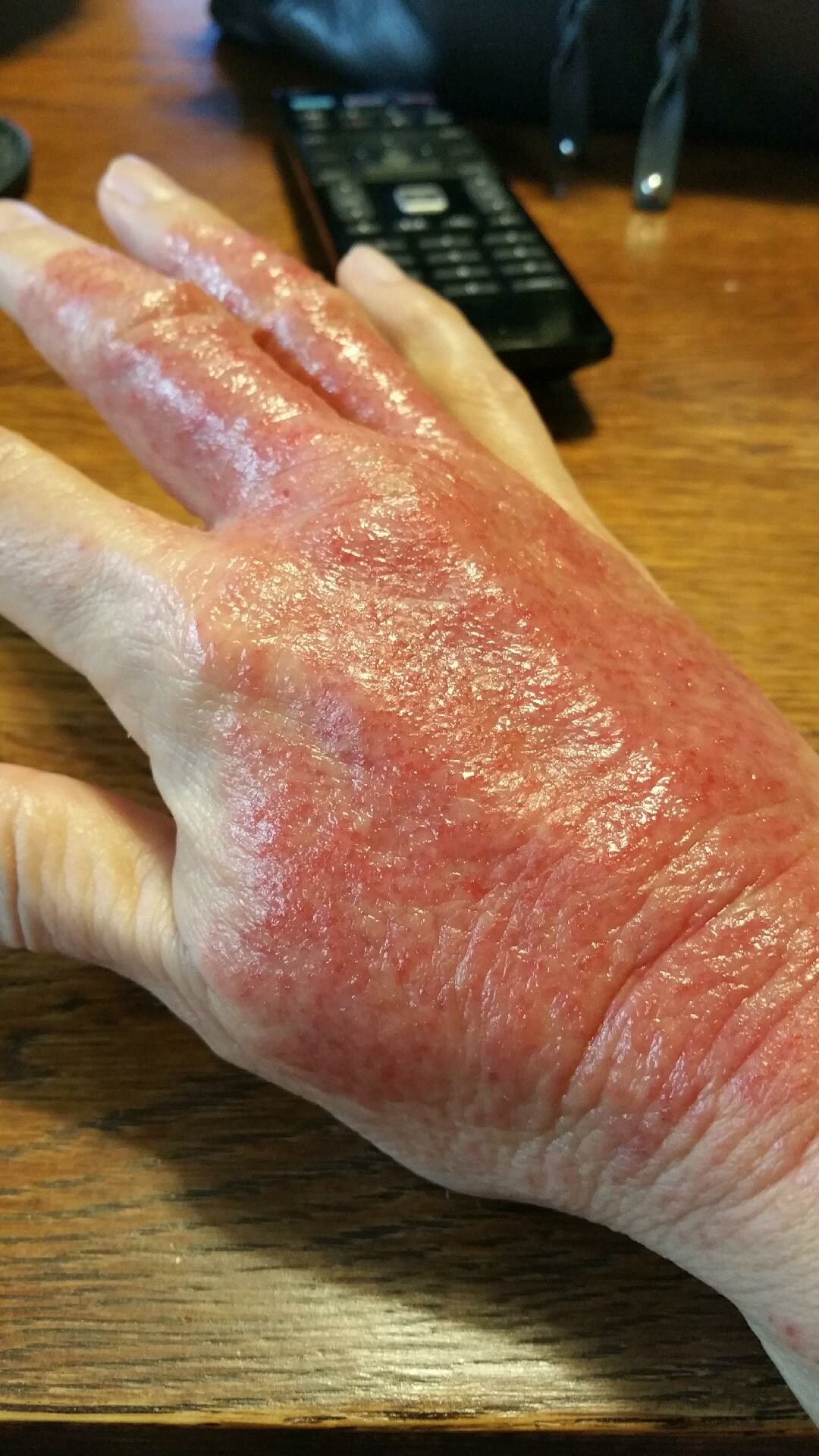
In Traditional Chinese Medicine (TCM) the Gallbladder is the partner of the Liver. It stores the bile produced by the Liver and, therefore, is the link between the Liver and digestion. When everything is running smoothly, bile is produced and excreted regularly, then digestion is at its best. However, when the liver becomes overburdened or stagnated, then bile delivery becomes impaired and you may end up feeling bloated and uncomfortable.
Signs of Gallbladder/Liver Disharmony
- Abdominal distention
- Bloating
- Belching
- Bad Breath
- Flatulence
- Indigestion
- Constipation
- Vomiting
Do you have discomfort with your tendons and/or ligaments (carpel tunnel, planar fasciitis)? This is another area where the Liver/Gallbladder partnership plays a huge part. The Liver cleans the blood of toxins that have been deposited throughout the day from organs and sinews. The Gallbladder pulls blood away from the sinews and into the Liver to be cleaned. This cleaning process is normally done during the night. It is this detoxified blood that nourishes tendons and ligaments (sinews). It is then the Gallbladder's job to provide the "qi' or energy for proper movement and control.
If, however, the Gallbladder is not ready (not relaxed) for this nightly task by 11pm, then it cannot do this job efficiently. In turn, the Liver will not be able to efficiently detox and cleanse the blood either. This can result in poor sleep, muscle aches and pains, and fatigue.
Not only do the Liver and Gallbladder share a close physical proximity, but, as partners, they also share similar emotional characteristics and disharmonies. When the Gallbladder is in balance it provides an anchor for decision-making. The process of deliberation will come forth with decisions that are clear and decisive, acute and focused, accurate and resolute. Sound judgement will be maintained when confronted with difficult situations or conditions.
What happens, however, when there is Gallbladder deficiency or excess?
Gallbladder "Deficiency"
- Indecision
- fearful about choices or their outcomes
- Procrastination
- Hesitation
- Timidity
- Lack of courage
- Not to be confused with cowardice
- Not forthcoming about feelings, opinions, and emotions
- the hesitation between courage and fear
- No initiative
- No assertiveness
- Poor self-image
Gallbladder "Excess"
- Anger
- Impulsiveness
- Holding on to resentment
- Making rash decisions
- Overly concerned with small details ... loses sight of the big picture
Other common symptoms associated with the Gallbladder include:
- Eye problems
- Painful
- Itchy
- Red
- Dry
- Floaters
- Poor night vision
- Blurry vision
- Yellow eyes
- Headaches
- Dizziness or vertigo
- Ear problems
- Poor hearing or discomfort
- Pain (more common on right side of body)
- Chest and lateral rib pain or flank pain
- Hip pain
- Pain or rigidity on sides of legs
- Sleep Problems
- Waking easily and frequently
- Unable to return to sleep
- Feelings of insecurity
- Timidity
- Easily frightened
- Spontaneous sweating
- Palpitations
Jake Schmalzriedt, DOM, describes the Liver/Gallbladder relationship like this:
"The Liver, known as "the general", creates thoughts and ideas.... it plans and strategizes. The Gallbladder, "the general's advisor", implements the Liver's plans and oversees their execution. If the Gallbladder is in disharmony it affects the Liver and vice versa."
To help support a healthy Gallbladder try avoiding these foods:
- Fried foods
- Highly processed foods (doughnuts, pie, cookies)
- Whole-milk dairy products (cheese, ice cream, butter)
- Fatty red meat
A happy Liver is a happy Gallbladder. Identifying and removing toxic chemicals as much as possible in your daily life will ease the Liver's burden of detoxifying your body.
Knowing where to start can definitely be a process, however, my free guide can help you with lifestyle changes and figuring out your triggers.
Some people do better talking things through. If this is you, I invite you to check my calendar for a free 30 min chat session.
Join my online community HERE and learn more about how to enjoy life despite stressors.
References:







